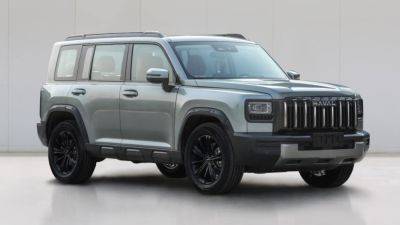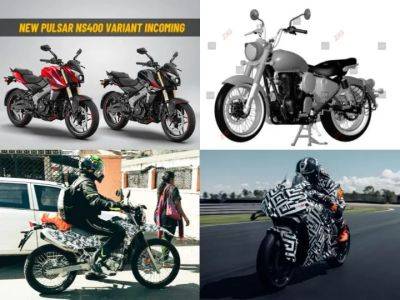Technology Is Transforming Rap Beef
Like a soap opera, you skip an episode and lose track of the story. For the past month, two of the most successful hip-hop artists of recent times—Kendrick Lamar and Drake—have been embroiled in a back-and-forth rap beef that reached new levels over the weekend as Lamar released “Meet the Grahams” and “Not Like Us,” and Drake dropped “The Heart Part 6.”
The conflict might be the most newsworthy music event of the first half of 2024, as both MCs voiced strong opinions about each other on the diss tracks, leading to secondary discussions fueled by fan hives, trolls, think pieces, and social media threads. And while the early exchanges might have only slightly piqued some listeners’ interest, the stakes went up following the release of Kendrick’s “Euphoria” last Tuesday. At that point, the beef became something bigger, evolving (or devolving) from the standard stuff of rap and into stormier waters. This includes accusations and exchanges around serious topics: racial authenticity, domestic violence, illegitimate fatherhood, moral posturing, grooming, hypocrisy, colorism, and even colonialism.
The conflict is now mature enough to warrant some larger reflection. Specifically, an examination of what this beef tells us about the marriage between hip-hop, conflict, and online culture.
No advertising campaign can generate the anticipation that rap beef creates, sometimes out of thin air. Whether we are enjoying it or not, we all wait for the next iteration. Through Drake and Kendrick Lamar, we are reminded of just how quickly public squabbles can seize attention—and the many ways that the ecology of digital space in 2024 can shape how these conflicts happen.
For one, artists now control the timing and pace of the releases. Unlike years past, when popular DJs often folded diss songs into radio sets, artists today can curate the release of these tracks, going directly to listeners via platforms like YouTube, Instagram, and X.
Second, the war on truth in the age of misinformation now renders fact-checking irrelevant; whatever someone accuses another artist of in a song might be true or false. Whether we believe it is mostly about whether we want to believe it, whether the







